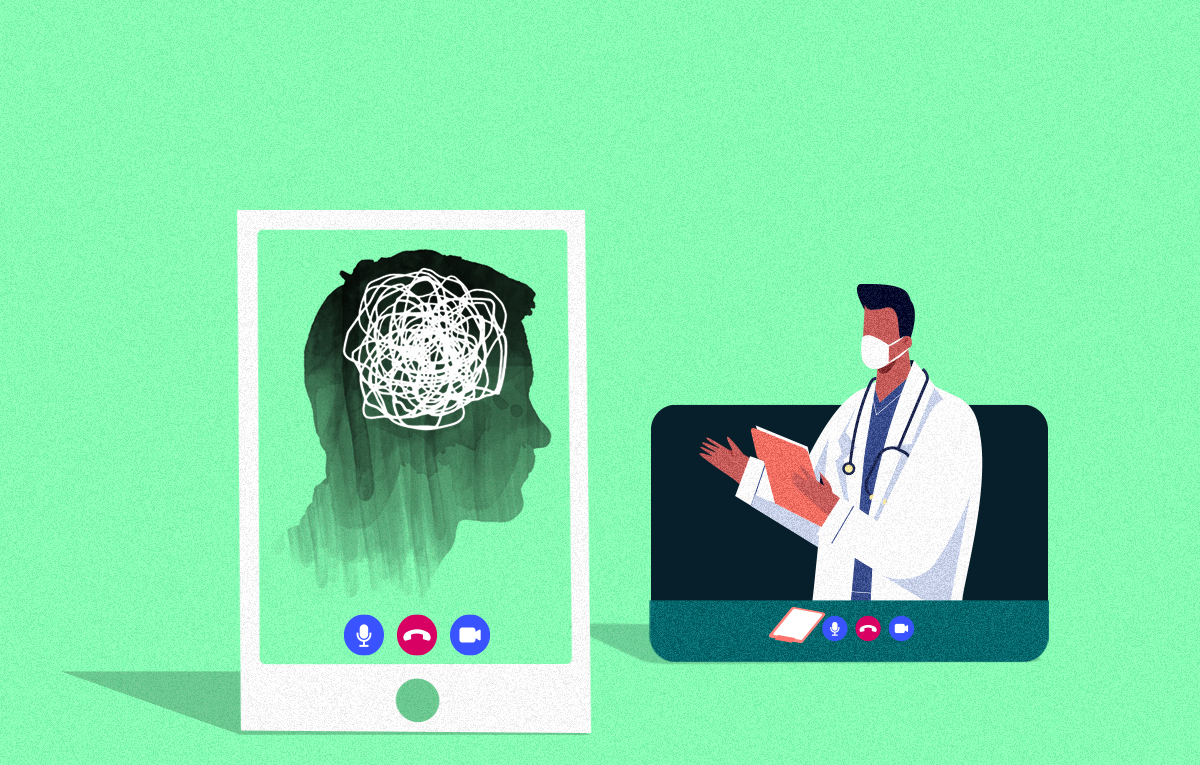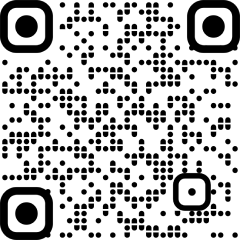New Delhi: Using artificial intelligence (AI) and machine learning (ML) to assess mental health suicidal status and tendencies through apps and telehealth consultation is the new frontier in the battle against mental health disorders
They can also act as the crucial bridge between the high population of India and the corresponding number of psychiatrists. With an average of 0.75 mental health professionals per 100,000 people, the anomaly is mirrored on the ground where millions of people dealing with mental health problems continue to suffer due to stigma, ignorance and unavailability of trained mental health professionals.
Experts believe that this is where technology-based interventions can come in, as they can address the significant gap between the need for mental health services and the availability of trained professionals.
“The mental health treatment gap in India ranges from 70 to 92 percent across a range of psychiatric disorders,” said Dr. Alok Kulkarni, Senior Consultant Psychiatrist at Manas Mental Health Institute in Hubli, Karnataka. “India has fewer than 9,000 psychiatrists for a population of 1.38 billion. This is where technology-based interventions become relevant.”
India’s 0.75 psychiatrists per 100,000 population is far less than the desirable number of more than three psychiatrists, according to an article in the Indian Journal of Psychiatry.
“Mental health professionals can be reached faster through means such as WhatsApp. During COVID-19, many support interventions were carried out through video calls. The pandemic also gave credence to the viability of the practice of telepsychiatry,” Kulkarni explained.
telehealthSocial media applications, AI, robots, algorithms, and many more cutting-edge technologies are providing the public, clinicians, and researchers with new ways to access help, monitor progress, and increase understanding of mental well-being.
The interventions, the experts said, are tailored to a range of services, from counseling and symptom management to providing treatment options. By leveraging technology, mental health professionals are able to reach a broader audience and provide more accessible care.
“Using machine learning algorithms, I have developed a model that can predict the likelihood of an individual’s suicide attempt by analyzing their behavior,” Anju Bhandari Gandhi of the Panipat Institute of Engineering and Technology (PIET) in Haryana.
“Algorithms classify an individual’s mental state into different categories and according to their level of stress, precautions or medication can be taken or given,” he said.
Machine learning is a form of AI that focuses on using data and algorithms to mimic the way humans learn.
Gandhi, lead author of a study recently published in the International Journal of Biomedical Engineering and Technology, said that posts shared by an individual can be analyzed by AI and machine learning to predict mental state. You can also record his behavior in society or at home, he added.
Anxiety and depression are serious mental health problems that many people face. These conditions can tragically lead to suicidal thoughts and actions. The study researchers looked at modern solutions to help prevent such tragic outcomes.
Philanthropist priya Hiranandani-Vandrevala leads the Cyrus and priya Vandrevala Foundation, a nonprofit organization that partners with organizations to advance community healthcare.
“The use of technology such as telehealth will help boost access for people who do not have access to doctors or health professionals or who have disabling conditions that make it more difficult to leave home or for those who prefer to remain anonymous.” Hiranandani said. Vandrevala told a news agency.
“Since COVID-19, the vast majority of mental health care is now remote and can be strongly adopted to reduce costs and boost access. For example, 70% of people who contact us now prefer to do so by WhatsApp instead of by phone,” he said. saying.
The foundation’s helpline has facilitated 114,396 conversations and more than 1.7 million messages with 61,258 people from August 2021 to January 2023. “Women may find WhatsApp more private to have these kinds of conversations than a phone call “added the philanthropist.
According to the World Health Organization, some 700,000 people die by suicide each year. Many more people attempt suicide and the WHO suggests that a previous attempt is ultimately the biggest risk factor for suicide.
Gandhi and his colleagues have investigated how computer algorithms can be used to analyze data from patients suffering from anxiety and stress. They compared several different types of algorithms to see which might be best suited to predict suicidal behavior based on patient data.
The results are promising as their algorithm was able to predict with 95 percent accuracy which patients were at risk of suicide. This type of analysis, they said, could be used to screen patients more efficiently, helping health workers identify those who need help urgently rather than when it is too late.
While technological interventions may prove revolutionary for mental health management, there are still some challenges that need to be addressed. Hiranandani-Vanderewala conceded that app-based interventions can never be the same as in-person interventions.
“The same can be said for online consultations. This is because a doctor needs to clinically examine the patient to reach a diagnosis,” she explained. Kulkarni said that many physical conditions can present with psychiatric symptoms that would require a thorough physical examination that would mandate an in-person consultation.
“A large part of India lives in villages. Technology has yet to penetrate these places. People must also become familiar with the use of such technology-based interventions to seek mental health help,” he said.
“Ultimately, mental health professionals must also become early adopters of such technology for it to work. If there is resistance from this sector to adopting this technology, it can present a serious challenge,” said the expert.
In addition, there is a legal challenge with the prescription of medicines through WhatsApp, since not many pharmacies accept such prescriptions.
“People can start abusing drugs that may have been prescribed for a short period. Psychological interventions can be safely practiced through technological means. The same cannot be said for the use of psychotropic medications (antidepressants)” Kulkarni said.
When it comes to AI and robots, Gandhi said that collecting reliable data and the accuracy of the algorithm used is a big challenge.


